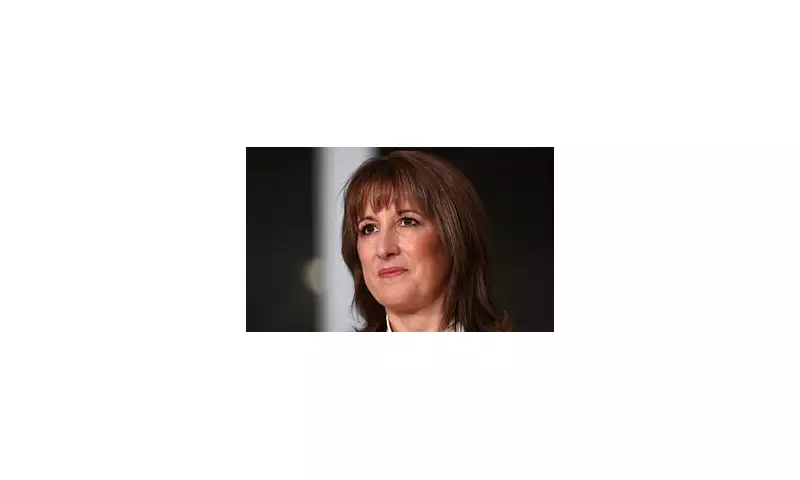
Britain's top economic think tanks have issued a stark warning about the financial impact of the new government's policies, revealing that the richest half of households will be an average of £1,000 worse off each year due to record-breaking tax increases.
An Unprecedented Tax Rise
According to analysis from the Resolution Foundation, Britain's total tax bill is set to rise by a massive £68 billion when combining the impact of Chancellor Rachel Reeves' first two Budgets. This represents what the Institute for Fiscal Studies (IFS) describes as the biggest tax-raising Parliament in history.
The Left-leaning Resolution Foundation confirmed that the combined effect of the Chancellor's two Budgets surpasses the tax measures introduced by Conservative Chancellors Norman Lamont and Kenneth Clarke in the 1990s. James Smith, the think tank's Research Director, stated this constitutes 'the biggest double whammy of taxes for a newly-elected government on record.'
Who Bears the Burden?
A detailed breakdown of the figures reveals a clear strategy of targeting middle and higher earners. Key policies driving this shift include the Chancellor's freeze on income tax thresholds and the new mansion tax on properties valued at £2 million or more.
The analysis shows that 78 per cent of households in the top half of earners are expected to be worse off overall. Meanwhile, in a contrasting picture, the poorer half of families stand to gain approximately £90 overall, primarily through increased welfare spending including the removal of the two-child benefit cap, alongside giveaways on energy prices and fuel duty.
A 'Truly Dismal' Economic Outlook
Experts have expressed deep concern about the broader economic trajectory under a Labour government that insists growth is its primary mission. The IFS branded the economic outlook as 'truly dismal,' forecasting that disposable incomes will grow by only about 0.5 per cent per year on average over the course of this Parliament.
IFS director Helen Miller was highly critical, noting, 'Growth not only makes us richer, it makes almost every problem easier to solve. At the last Budget the Chancellor said: “Every Budget I deliver will be focused on our mission to grow the economy.” That wasn’t on show yesterday.'
Miller accused Chancellor Reeves of avoiding 'meaningful' tax reform and delivering a Budget that felt like a government trying to 'scrape through.' She further revealed that, contrary to months of briefing about dire public finances, the Chancellor was actually on course for a small surplus, with just a £6 billion downgrade in the fiscal outlook. This suggests the tax hikes were a conscious decision to increase spending rather than a necessity.
The extension of the personal tax threshold freeze for three years will have a significant long-term effect, pushing more than a quarter of all taxpayers into the higher or additional rate bands. The IFS analysis suggests basic-rate taxpayers will pay £220 more tax per year, while higher-rate taxpayers will face an increase of £600 per year.
Ruth Curtice, Chief Executive of the Resolution Foundation, added to the gloomy prognosis, warning that the sluggish economic outlook means more pain is likely, with 'plenty more bracing Budgets' on the horizon. Furthermore, experts have raised doubts about the sharp spending cuts that would be required around the time of the next election for the Chancellor to meet her stated Budget targets.
This sentiment was echoed in the business community, with Yael Selfin, chief economist at KPMG UK, stating that firms are gloomy about the prospect of further business taxes. 'There is no message. It’s very difficult for businesses to think there is growth,' Selfin said, adding, 'The Chancellor still says a lot of the right things, it’s just that there’s no delivery. The time has passed when you actually hope this will come.'





